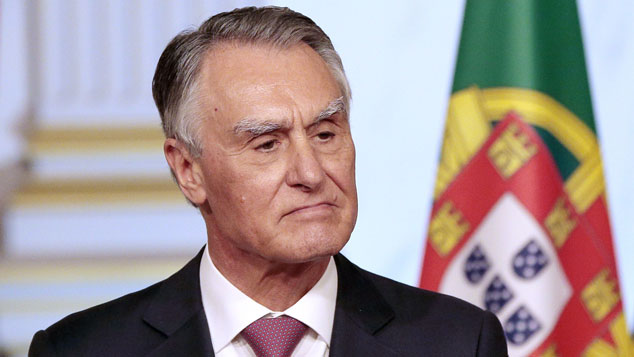-
Tips for becoming a good boxer - November 6, 2020
-
7 expert tips for making your hens night a memorable one - November 6, 2020
-
5 reasons to host your Christmas party on a cruise boat - November 6, 2020
-
What to do when you’re charged with a crime - November 6, 2020
-
Should you get one or multiple dogs? Here’s all you need to know - November 3, 2020
-
A Guide: How to Build Your Very Own Magic Mirror - February 14, 2019
-
Our Top Inspirational Baseball Stars - November 24, 2018
-
Five Tech Tools That Will Help You Turn Your Blog into a Business - November 24, 2018
-
How to Indulge on Vacation without Expanding Your Waist - November 9, 2018
-
5 Strategies for Businesses to Appeal to Today’s Increasingly Mobile-Crazed Customers - November 9, 2018
Portugal Political Crisis: Minority Governments Don’t Rule
The government of Portuguese Prime Minister Pedro Passos Coelho is on its way out – just six weeks after re-election – after losing a no-confidence vote on Tuesday, according to parliament sources.
Advertisement
Days after the centre-right administration was sworn in for a second term, with plans for four more years of economic reforms and cutbacks, several left-wing parties in Portugal’s parliament forged an unprecedented alliance to reject the government’s proposals.
Prime Minister Pedro Passos Coelho, whose centre-right coalition won the most votes in last month’s elections but lost the absolute majority it had enjoyed since 2011, warned Monday that the rival bloc’s policies would “ruin Portugal”.
If the leftists succeed, the vote would force the government to resign after just 11 days in power – which would make Passos Coelho’s administration the shortest in Portugal’s history.
The outgoing government got most votes in an October general election when it promised more years of frugality following the debt-heavy country’s 78 billion-euro ($84 billion) bailout in 2011.
Constitutionally, Silva can either allow the leftists to rule or keep Passos in a caretaker role until new elections could be called after June 2016. The outcry raised when the shortlived Coelho government tumbled on Tuesday may have been a sample of the shape of things to come.
The formation of a Socialist-led government depends on President Anibal Cavaco Silva.
Socialist leader Antonio Costa is expected to become prime minister in coming weeks, supported by the Communists and Left Bloc.
The Socialists insist concessions to the hard left won’t compromise Portugal’s commitments to eurozone deficit- and debt-reduction targets.
However, Portugal exited the bailout scheme in May 2014 due to harsh austerity measures and increased taxes, returning to growth after three years of recession. Eurozone leaders had pointed to Portugal, and Ireland, as examples of how austerity paid off as their economies improved.
Portuguese media said on Wednesday that the fragility of the separate agreements signed by the BA (19 seats), the PCP and the Greens (17 seats, standing alongside the CDU coalition at the elections) with Costa’s PS (86).
“We will stay on the path of fiscal consolidation”, Mário Centeno, a PS member of parliament and a former Bank of Portugal economist, told the Financial Times in an interview.
Advertisement
The divisions inside parliament were reflected in the streets outside, where about 5,000 left-wingers rallying in favour of a new Socialist-led government faced off with about 2,000 supporters of the conservative government.





























